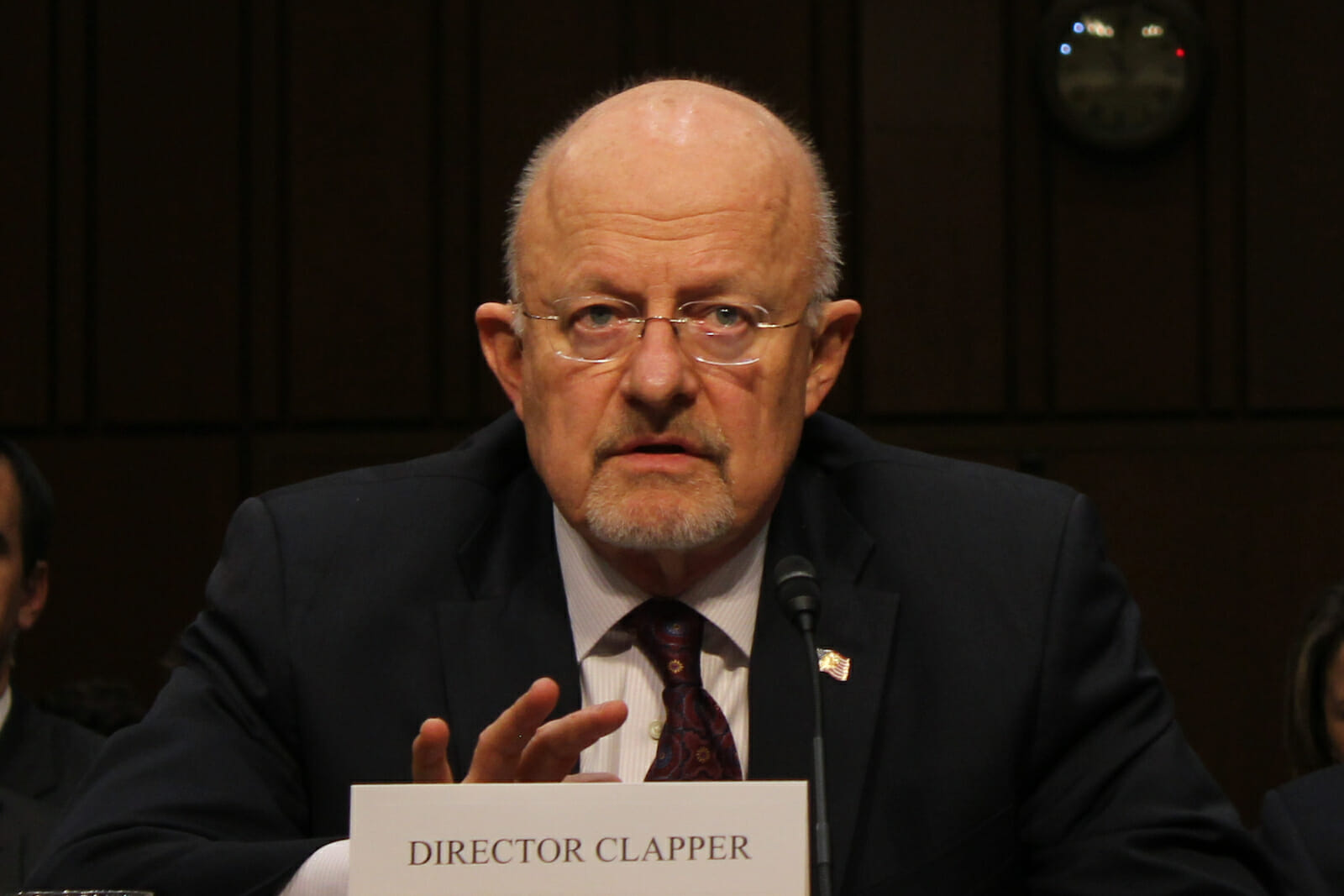
Snowden’s Non-Reveal
When former Booz Allen Hamilton employee, Edward Snowden, revealed extensive domestic spying by the National Security Agency (NSA) and the Federal Bureau of Investigation (FBI), all he did was to reaffirm a practice that has always been a fixture of the two intelligence agencies. Indeed, the NSA and FBI have regularly engaged in some form of domestic spying since their inception. And as communication technology evolved, so have their surveillance techniques. Snowden confirmed the standing suspicion that the NSA and FBI have expanded their domestic spying to the digital realm.
Created in 1952, the NSA is America’s primary communications and signals intelligence agency. Jokingly referred to as the ‘No Such Agency,’ the NSA is one of the largest spy agencies in the world with an estimated US$10 billion annual budget. A large portion of the NSA’s budget is used to build and maintain an array of high-tech surveillance platforms on land, in the ocean, in the air and even in space. By some accounts, these platforms are so potent that they vacuum up enough electronic data to fill up the entire collection of the U.S. Library of Congress every 3 hours or so.
Together with its smaller counterparts from the UK, Australia, New Zealand, and Canada, the NSA essentially blankets the globe with an electronic surveillance dragnet. For instance, NSA equipment was so powerful and yet sensitive that when 9/11 hijacker Khalid al-Mihdhar called his wife in Yemen from the United States, the NSA was able to intercept that phone call and eavesdrop on their conversation in real-time.
A significant portion of the NSA’s classified budget also goes into hiring a sizable army of engineers, computer scientists, mathematicians, linguists, intelligence analysts and of course, private contractors. In all, more than sixty thousand military and civilian personnel work for the NSA at its headquarters in Fort Meade, Maryland, and on U.S. bases around the world. Considering the impressive technical and human resources that the NSA possesses, it is safe to say that few electronic communications – text messages, faxes, emails and phone calls – are secure today.
So is Snowden’s revelation of NSA domestic surveillance a surprise? Not in the least. In the early 1970s, the NSA – together with the CIA – also mounted a little-known operation that monitored the telephone calls of many Americans.
Sometime in the early 1970s, the predecessor of the Drug Enforcement Agency – the Bureau of Narcotics and Dangerous Drugs (BNDD) – received information that several public telephone booths in New York City were being used by drug dealers to make calls to South America. Because the BNDD could not eavesdrop on those public phones legally, it approached the NSA for assistance and the latter eventually complied. However, instead of monitoring only certain calls made to and from the public phones in questions, the NSA soon wound up monitoring a large number of international calls placed between cities all over America and South America thanks to its sophisticated array of eavesdropping equipment. In the end, the NSA eavesdropped on scores of private phone calls – many of them unrelated to the drug trade – over the course of that 3-year operation.
Snowden’s revelation of FBI domestic surveillance is even less of a surprise. In fact, it is a matter of public record that the FBI often spied on U.S. citizens under the directorship of J. Edgar Hoover.
Established in 1908, the Bureau of Investigation (BOI) was originally a small investigative arm of the US Department of Justice. With just a handful of agents at its inception, the BOI expanded rapidly in the following decades and was finally renamed the Federal Bureau of Investigation in 1935 when it acquired federal authority. Today, the FBI boasts more than thirty-five thousand employees and an annual budget of nearly US$8 billion making it one of the largest agencies in the U.S. intelligence community.
One of the most invasive FBI domestic surveillance operations that have come to light is a mail interception program called Z-Coverage. Started in 1940, Z-Coverage was initially designed to keep tabs on suspected foreign spies in the U.S. by secretly reading their first-class mail. Then in 1958, the FBI received information that all Soviets spies in the U.S. had been instructed to communicate with their headquarters in Moscow via a nondescript address in the USSR. Sensing an opportunity to identify every single Soviet spy in the U.S., the FBI sprung into action and moved to screen all letters sent between the U.S. and USSR. By the time Z-Coverage was terminated in 1966, the FBI had intercepted and opened thousands of US first-class mails.
With smartphones, tablets and personal computers taking up much of our daily lives today, it is a no-brainer that U.S. intelligence agencies would be monitoring phone calls, text messages, video images, emails, and Internet activities. Considering how the NSA and FBI have operated in the past, it is only fair to assume that the digital realm presents a treasure trove of information for these agencies and collecting intelligence is what they do. Like it or not, privacy and confidentiality in the digital realm are no longer assured.
More importantly, the question is not whether digital devices are being monitored but rather, how effective U.S. intelligence agencies have been at collecting, processing and analyzing this massive collection of digital information. All indications suggest that major technological advances have vastly enhanced their capabilities in each of those aspects. The larger problem though, as Snowden has revealed, is that of security leaks. More than anything else, Snowden demonstrated yet again the potential for rogue contractors to cause grave damages to secret U.S. intelligence operations. The CIA, for instance, had quite a few of its early operations to spy on Soviet bloc countries burned by hired guns. Because of that, some in the FBI deeply distrusted the CIA for years after and FBI-CIA cooperation was affected.
It remains to be seen if Snowden will leak more tantalizing information in the coming days. For now though, whether he is a traitor or hero to the American people, it appears that Snowden has inevitably gotten himself into a tight spot by revealing more or less the obvious.

